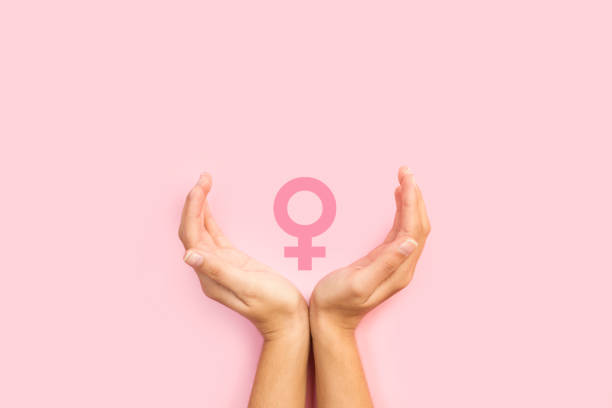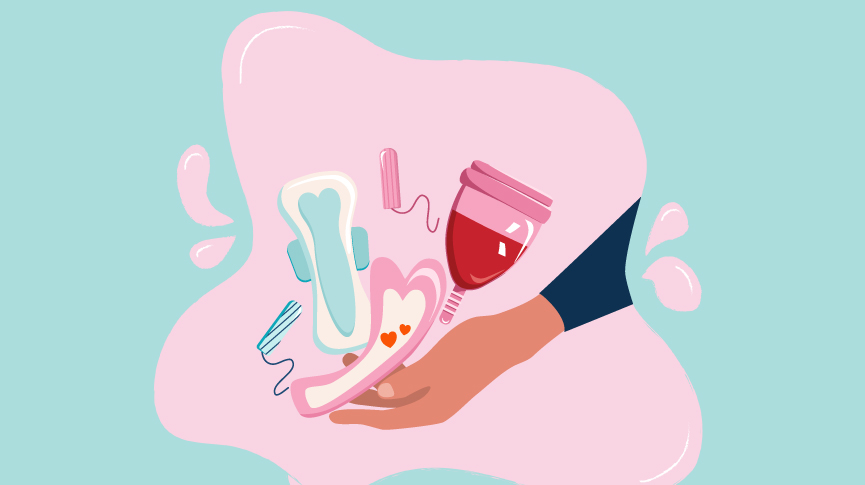
Women's health is a crucial and often misunderstood topic that affects not only individuals but also communities and societies at large. Dispelling myths and promoting factual information about women's health is essential to empower women to make informed decisions about their well-being. In this article, we will explore common myths related to women's health and provide the facts to help separate fiction from reality.
Myths about Women's Health
Menstruation
One of the most pervasive myths surrounding women's health is the belief that menstrual blood is dirty. This misconception often leads to feelings of shame and embarrassment around menstruation. In reality, menstrual blood is a natural bodily function that is not dirty but rather a sign of a healthy reproductive system. It is essential to normalize menstruation and educate individuals about the biological process.
Another myth states that the menstrual period is a sign of weakness in women. This misconception can perpetuate harmful stereotypes and undermine the strength and resilience of women. In fact, menstruation is a normal and natural process that does not detract from a woman's capabilities or worth.

Pregnancy and Childbirth
Misconceptions about pregnancy and childbirth abound in popular culture, leading to unnecessary fears and anxieties. One prevalent myth is that women should avoid physical activity during pregnancy to protect the fetus. However, moderate physical activity is beneficial for both the mother and the baby, promoting overall health and well-being.
Another common myth suggests that childbirth is always excruciatingly painful. While labor can indeed be intense, there are various pain management options available to women, ranging from relaxation techniques to medical interventions. It is essential for women to feel informed and empowered during the childbirth process.

Breast Health
Breasts are often a topic of scrutiny and misinformation when it comes to women's health. One myth contends that bigger breasts are always healthier, but this is not necessarily true. Breast size does not determine health, and individuals with all breast sizes deserve proper care and attention.
Additionally, there is a misconception that breast cancer only affects older women. In reality, breast cancer can occur at any age, highlighting the importance of regular screenings and self-examinations for early detection. It is crucial to raise awareness about breast health and dispel myths that may prevent individuals from seeking necessary medical attention.

Facts about Women's Health
Menopause
Menopause is a natural biological process that marks the end of a woman's reproductive years. Contrary to popular belief, menopause is not a condition or disease but a stage of life that all women will experience. While it can bring about hormonal changes and physical symptoms, menopause does not signify the end of a woman's life or vitality.

Reproductive Health
Women have the right to make decisions about their reproductive health, including contraception, family planning, and fertility treatments. Access to comprehensive reproductive healthcare services is essential for women to maintain their well-being and autonomy. Regular check-ups and screenings play a crucial role in preventing and detecting reproductive health issues.

Mental Health
Mental health is an integral part of overall well-being that can often be overlooked or stigmatized. Women are more likely to experience anxiety and depression due to various social, cultural, and biological factors. It is imperative to prioritize mental health and seek professional support when needed. Just as physical health is important, mental health should be given equal consideration and care.

Conclusion
Distinguishing between myths and facts about women's health is essential for promoting accurate information and empowering women to prioritize their well-being. By debunking common misconceptions and cultivating a culture of open communication, we can create a supportive environment for women to access the resources and care they need. Let us continue to advocate for women's health rights and ensure that all individuals receive the care and support they deserve.
FAQs
Q: Is menstrual blood dirty?
A: No, menstrual blood is a natural bodily function that is not dirty but rather a sign of a healthy reproductive system.
Q: Should women avoid physical activity during pregnancy?
A: Moderate physical activity during pregnancy is beneficial for both the mother and the baby, promoting overall health and well-being.
Q: Are bigger breasts always healthier?
A: No, breast size does not determine health, and individuals with all breast sizes deserve proper care and attention.
Q: Is menopause a disease or condition?
A: Menopause is a natural biological process that marks the end of a woman's reproductive years, not a disease or condition.
Q: At what age can breast cancer occur?
A: Breast cancer can occur at any age, underscoring the importance of regular screenings and self-examinations for early detection.
Q: Is mental health important for women's overall well-being?
A: Yes, mental health is an integral part of overall well-being, and prioritizing it is crucial for women's health.


0 Comments